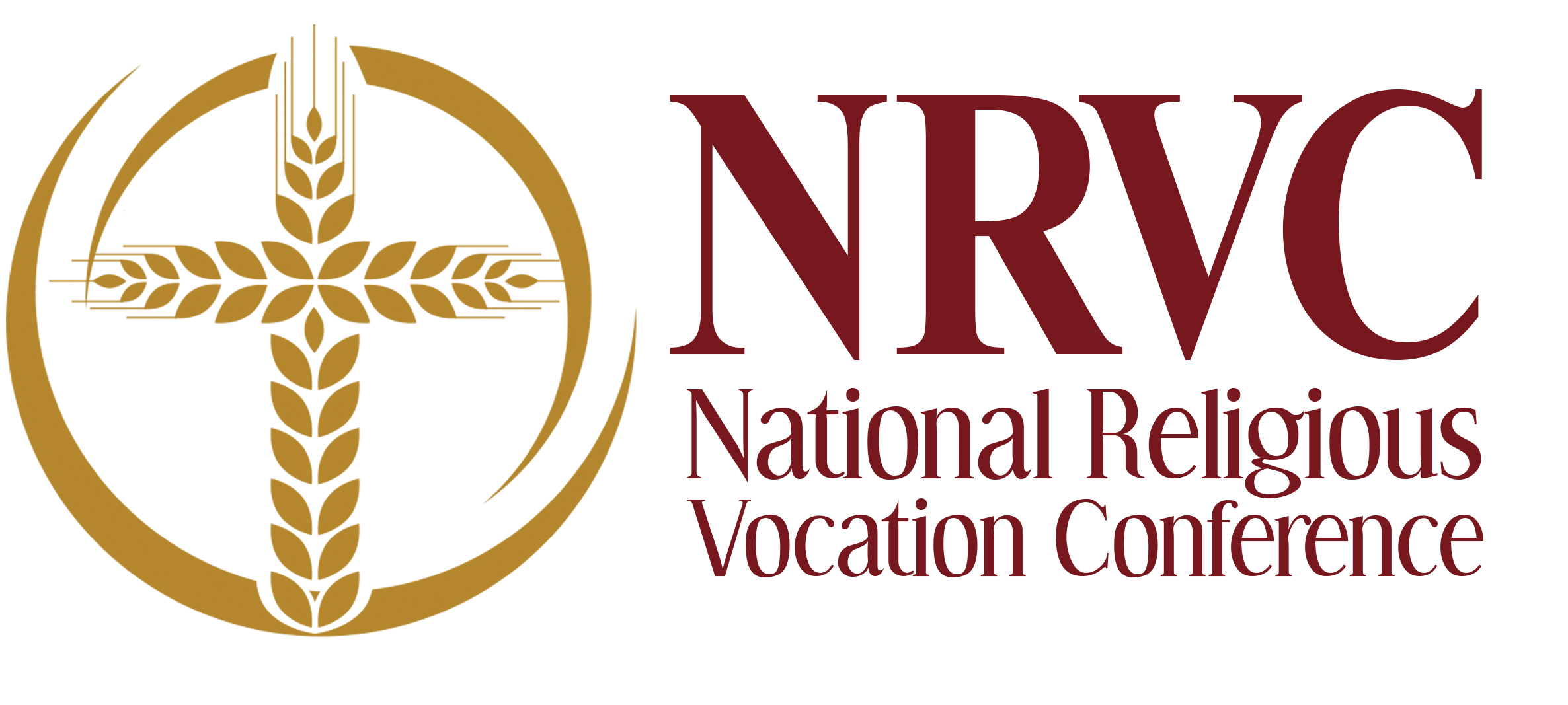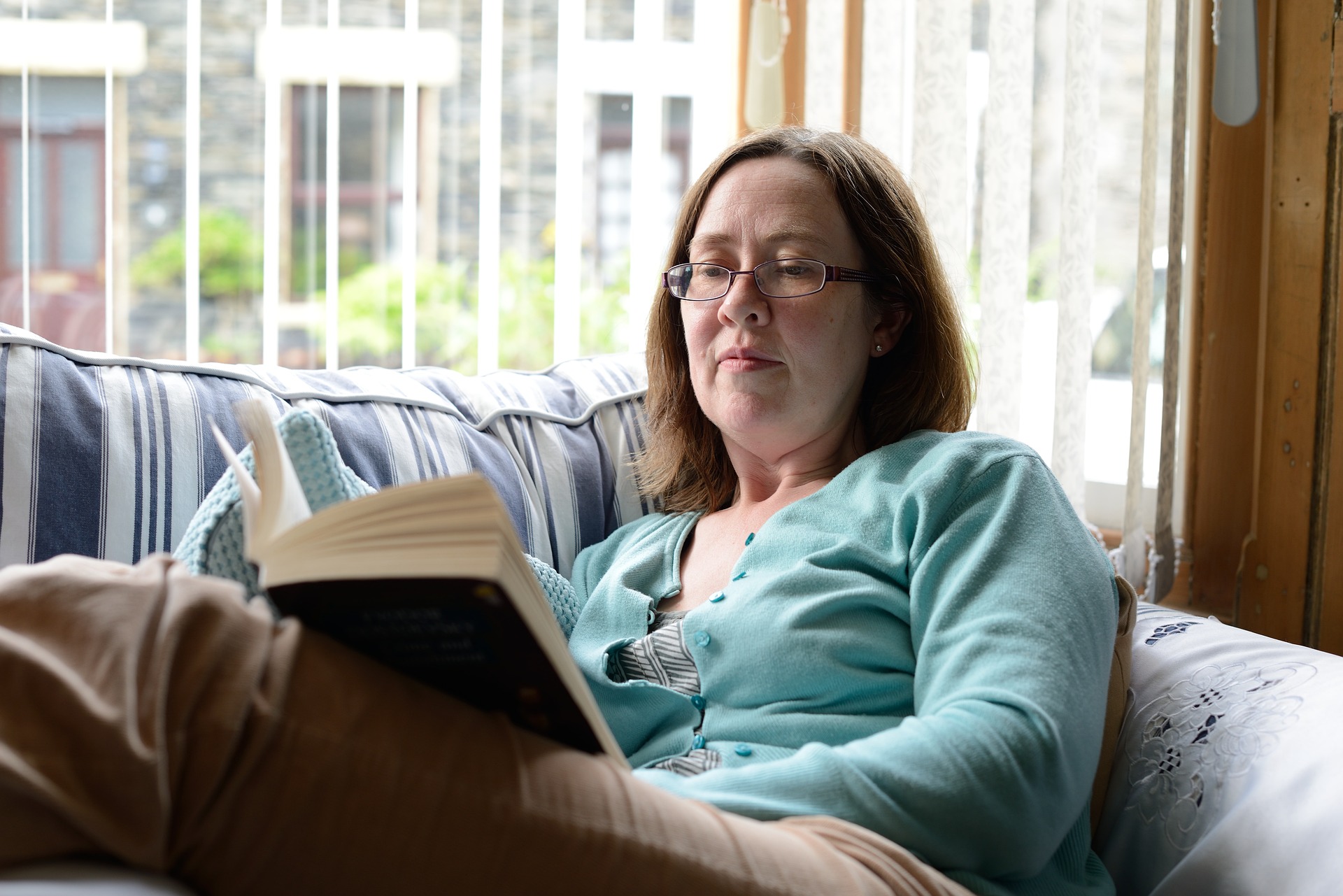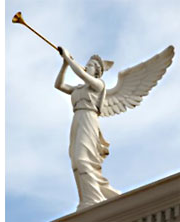|
THINK LIKE A THEOLOGIAN
What do theologians do all day? Is there much left to say about God after the codification of Trinity, creation, salvation, and final judgment? We imagine modern theologians punch out early and take long vacations. Yet actually they're hard at work proposing new ideas around the clock.
And they're not just making stuff up. Christian theologians labor under twin constraints: Scripture and Tradition. All God talk must square with our sacred texts and church teaching. Contemporary theology also honors four relatively new elements, as Jesuit theologian J.J. Mueller outlines.
First, there's the modern understanding of Scripture: not a history lesson down to the last detail, but story and metaphor, prayer and experience. Genre matters in literature: it tells us how a thing is truth. Which means, in the Bible, everything is true—and some of it really happened that way.
Another influence on modern theology is historical consciousness. Some folks assign weighty meaning to the past, viewing tradition as the utmost value. Others shrug off the past, regarding now as the only reality, and progress the only virtue. How we value the past affects how we invent the future.
This leads to a third factor shaping theology, hermeneutics: the lens through which we read reality. Hermeneutics shaping our God talk may include a wide range of social, cultural, and economic considerations.
Finally, the rapidification of global interconnectedness requires we speak of God without stiflingly parochial biases and concerns. This invites the question: is our present window on the truth wide enough? Give it some thought.
—Alice Camille,
reprinted with permission from TrueQuest Communications
|













